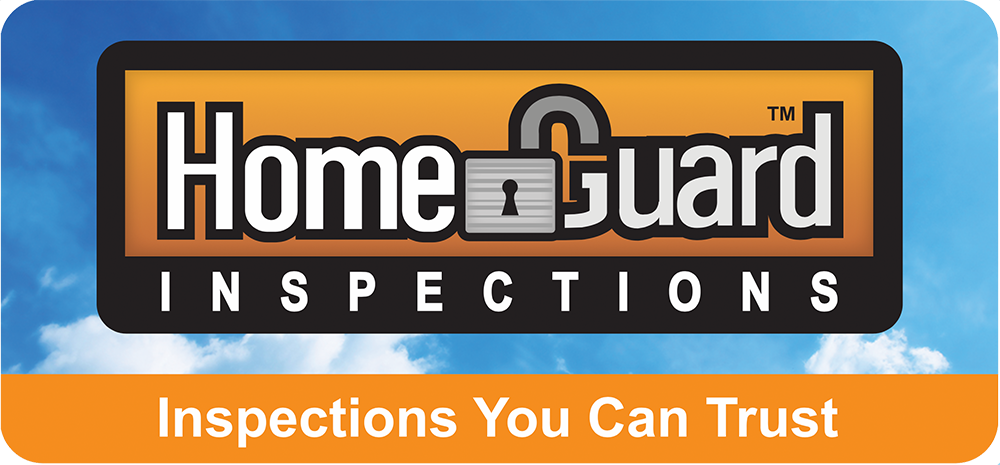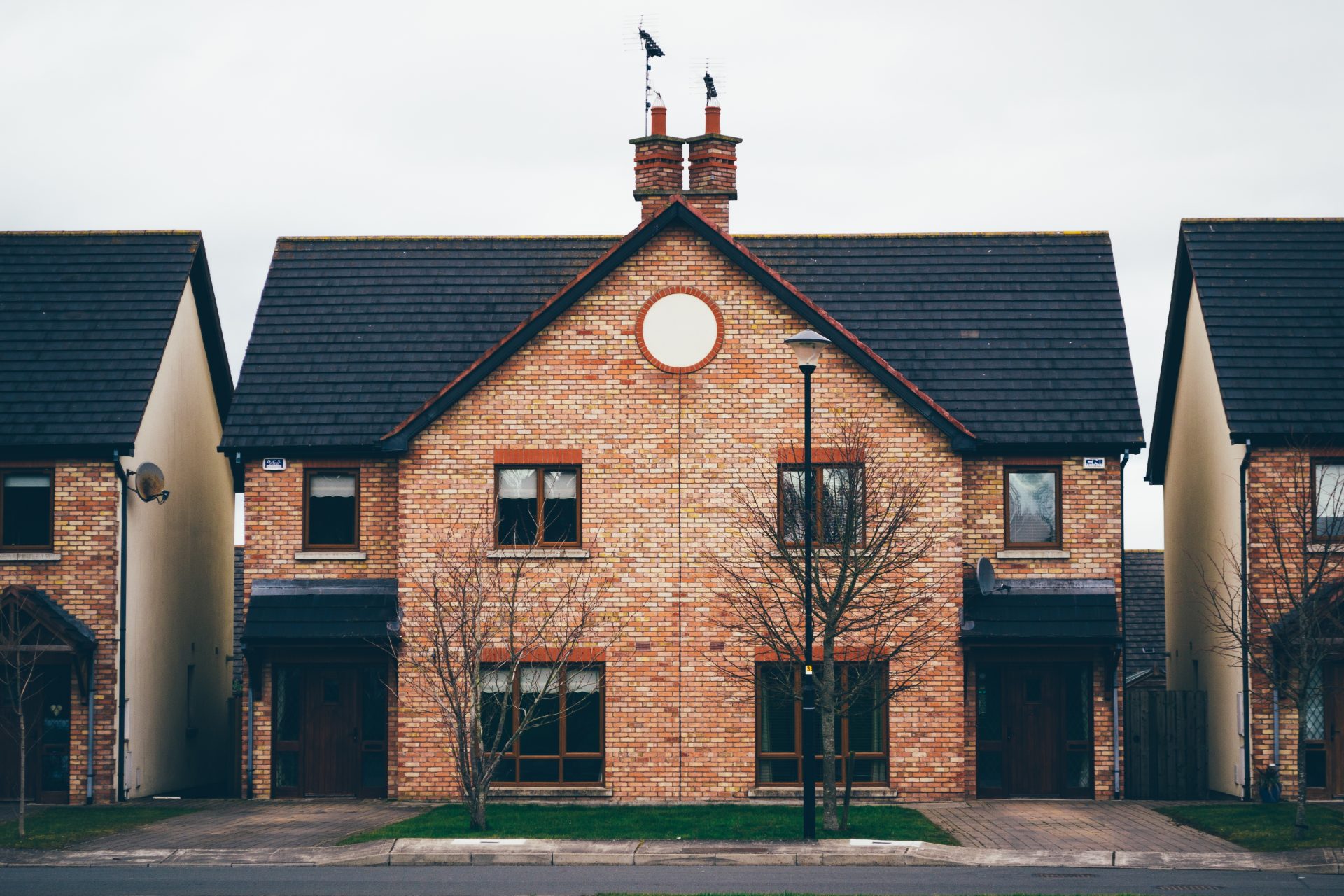Doing your due diligence when buying a home is essential – and this includes scheduling a professional inspection by a certified inspector. In this article, we’ll look into the details of what is and isn’t included in a home inspection, including the standards of practice that should be adhered to by the inspector when assessing the property and creating their report.
What is a Home Inspection?
A home inspection is simply a comprehensive evaluation of the overall condition of a house. Generally speaking, your home inspector will adhere to one of two national standards of practice. The American Society of Home Inspectors (ASHI) is one national association with standards of practice. Additionally, the National Association of Certified Home Inspectors (NACHI) has its standards of practice. Both national associations have similar standards of practice that cover the same major systems and components with very few differences.
What Does a Home Inspection Cover?
A standard home inspection is a limited visual assessment of the condition of a home and is intended to provide an objective report to potential buyers and their agents. It is a non-invasive process that covers the home’s major systems and components including the foundation, exterior, roof, and interior including doors, windows, cabinets, closets, and floor covers; plumbing, electrical, and heating and cooling.
What a Home Inspection Does Not Cover
Some general limitations of both standards of practice include items that are not permanently attached to the home or considered accessories. These items might include low voltage systems such as cable, phone, internet, sprinkler system, and window coverings. Also worth mentioning is home inspection will not reveal any concealed defects that may be located behind walls, insulation, or other materials.
What to Expect in Your Inspection Report
The home inspector should evaluate each of the home’s major systems from a visual inspection standpoint of things that may be broken, missing, not working, or coming to the end of their expected useful service life. In addition to evaluating the functionality of each of the home’s major systems, a good inspector will also note in your report systems that may be antiquated or need replacement soon.
Bringing it all Together
Home inspections are a useful tool that can help buyers identify any potential issues with a property before they make a purchase. However, buyers need to be mindful of the purpose of a home inspection, which is to give them an overview of the state of the property, while also understanding the limitations of their inspection.
HomeGuard Inspections™ offers home inspection and commercial property inspection services in the Salt Lake City metropolitan area from Ogden to Spanish Fork and Heber to Tooele. Contact us to request an inspection.

